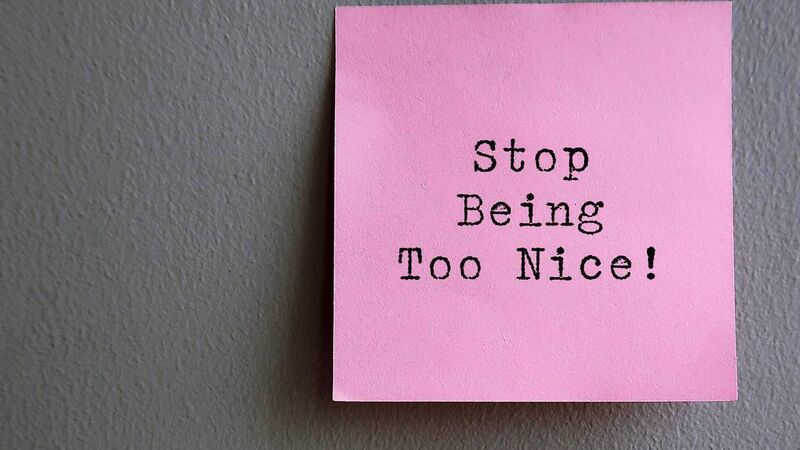Workplace Wellbeing: How to get over that people-pleasing urge

People pleasing is not the same as being kind, thoughtful, and attentive, says organisational psychologist Leisha Redmond McGrath. “There are times in life when it’s natural, normal, and even expected that we would put others’ needs ahead of our own.
LINDSAY Brady hit the point of burnout three years ago. The 43-year-old, from Castleknock, Dublin, had risen through the ranks of the corporate world to become a global director at LinkedIn, but was unhappy.

Hailey Magee, the American author of , says we need to look at our motivation to understand our behaviour.
“When we act from a place of kindness, we want to do what we are doing. It comes from a place of goodwill. But people-pleasing is fear-based. It makes us do things we don’t want to do in order to feel a sense of social safety, to make others like us, so that we can believe we belong and fit in. The fact that it drives us to do things even when we don’t want to do them is why people pleasing can often make us feel resentful.”










